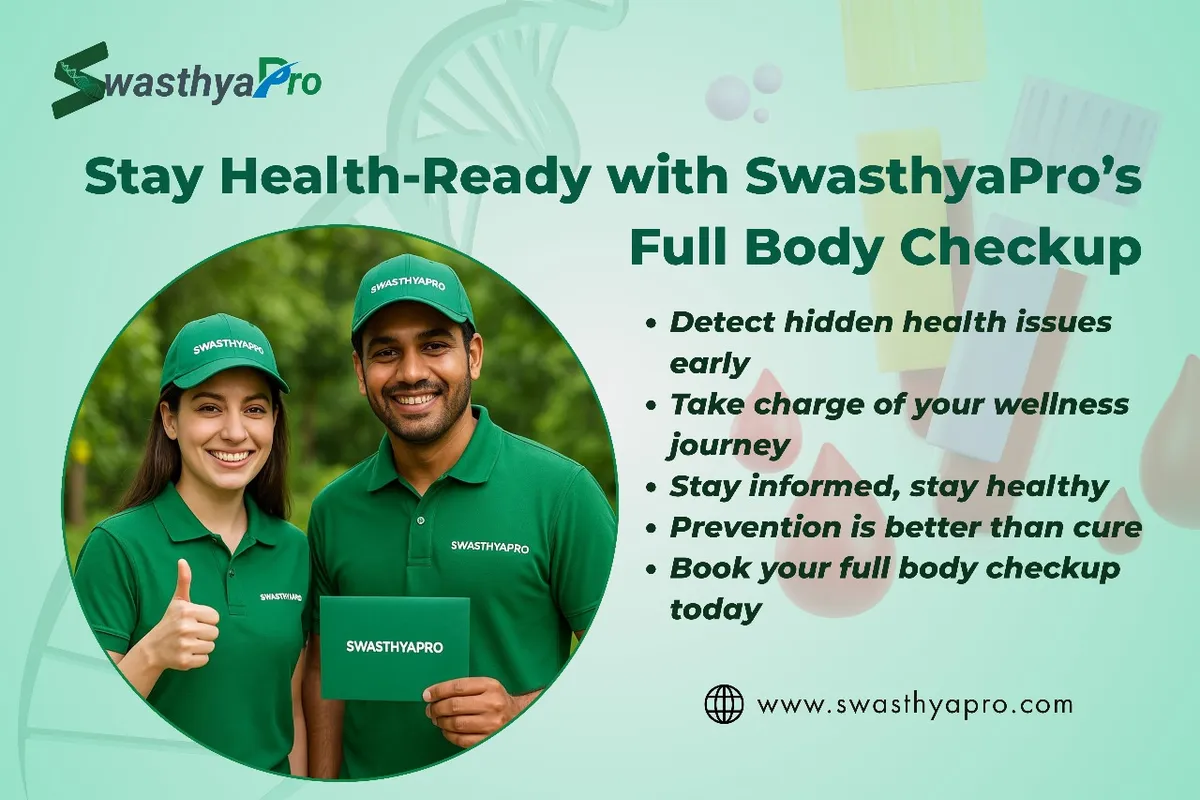How to Prepare for Your Full Body Checkup: A Simple Guide

Introduction: Preparation Leads to Accurate Results
If you’ve scheduled a full body checkup, you’ve already taken a great step for your health. But to get the most accurate and useful results, proper preparation is key. A little planning before your visit can make your full body checkup more effective and meaningful.
1. Fast Before Your Blood Tests
Most full body checkup packages include tests for sugar, cholesterol, and liver function—all of which require fasting. It’s usually recommended to fast for 10–12 hours. That means no food or drinks except water. Doing this ensures your results aren’t affected by recent meals.
2. Stay Hydrated (But Don’t Overdo It)
Drink enough water the day before your full body checkup. This makes it easier for technicians to collect your blood sample and also helps with urine tests. But avoid drinking large amounts of water right before your visit, as it might dilute some results.
3. Avoid Alcohol, Coffee, and Smoking
For at least 24 hours before your full body checkup, it’s best to avoid alcohol, caffeine, and tobacco. These can affect liver function tests, blood pressure readings, and even your heart rate. Keep your system as natural and calm as possible before the check.
4. Skip Strenuous Exercise the Night Before
While regular exercise is great, a heavy workout just before your full body checkup can temporarily raise certain levels in your blood—like enzymes and heart rate. Instead, rest the evening before so your results reflect your typical health state.
5. Wear Comfortable Clothes and Bring Previous Reports
Choose loose, comfortable clothing that allows easy movement. Also, bring any past full body checkup reports, prescriptions, or relevant medical documents. This helps doctors compare your results and see if your health is improving, stable, or needs attention.
Conclusion: A Little Preparation Goes a Long Way
Your full body checkup is a valuable tool for understanding your health. By preparing correctly—fasting, avoiding certain habits, and staying calm—you help ensure that the results are accurate. That way, your doctor can give the best possible advice, and you’ll walk away with clarity and confidence.